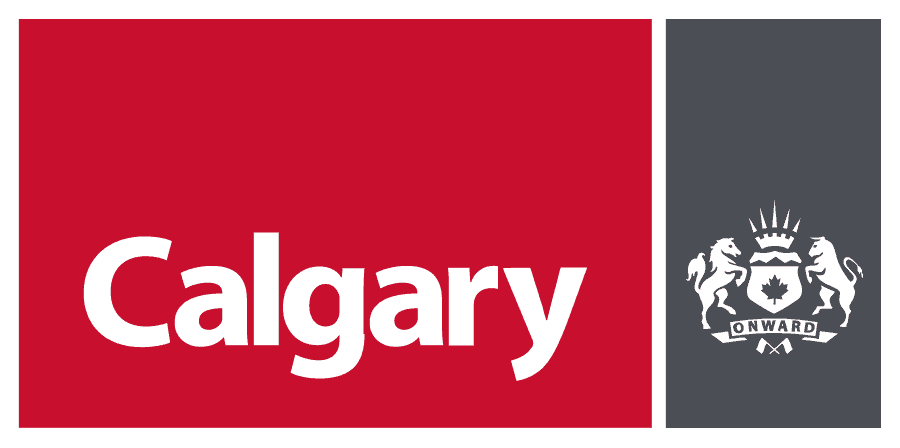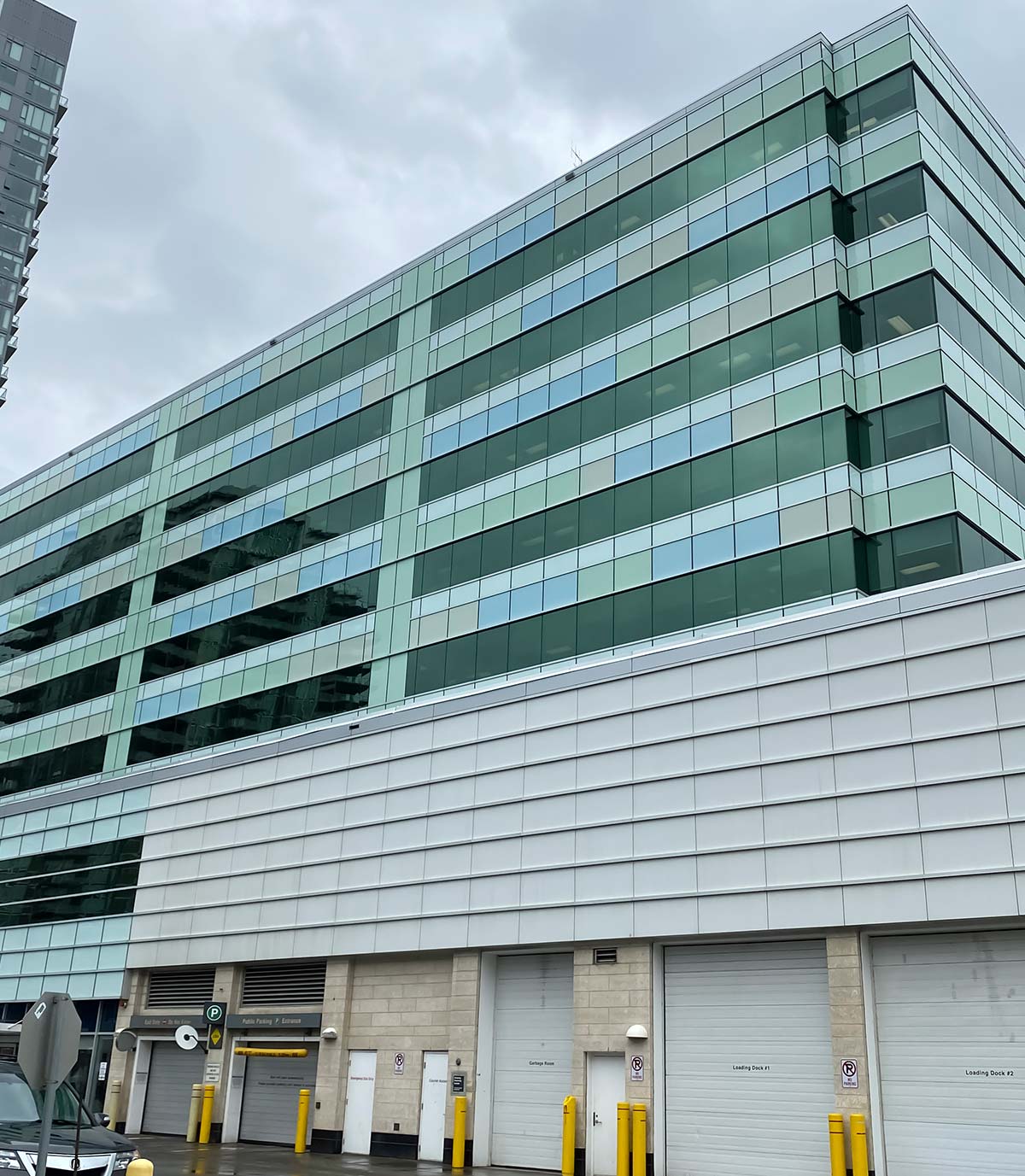2022 Impact Report
Wellness:
Care in the community
Health care beyond the hospital
Focusing on building care and education in the community reduces the health system burden and provides more support for vulnerable populations.
Wellness initiatives supported by Calgary Health Foundation help to prevent illness and focus on preventing admission and readmission to acute care by mobilizing community-based resources before needs escalate.
Understanding barriers faced by diverse populations in accessing care and ensuring that health education is readily available to empower individuals to make informed decisions about their health needs will result in a healthier population.
Normalizing conversations in women's health
Free webinar series offered through Calgary Health Foundation
Many health topics impact a large number of women yet still remain taboo to speak about publicly. As a result, the lack of access to accurate information and education is a burden to women and often leads to debilitating health outcomes.
Calgary Health Foundation implemented a pilot project to understand what mattered to women and if access to critical information (that goes largely undiscussed) would get women’s attention. Below are the recordings from four open dialogues with care providers in the virtual women’s health series.
In total, an impressive 3,700 women and their families attended the series to understand more and get comfortable talking about the complex issues.
Community care in mental health
$275K
TOTAL
INVESTMENT
via granting from the City of Calgary's Change Can't Wait initiative and Community Safety Investment Framework.

Recovery Coaches in the community
Recovery Coaches are individuals with lived experience of substance use and/or mental health issues who provide two fundamental benefits:
Help guide clients with substance use or mental health issues on their path to recovery using their lived experience and techniques such as motivational interviewing; and
Provide navigation to recovery-based resources in the community.
Recovery Coaches provide support for clients through their recovery journey using shared personal experiences, motivation enhancement, and solution-focused problem solving. The goal is to provide wraparound services that support each individual's unique journey with stronger support from hospital care to community and social services. Coaches also build trust with individuals by sharing lived experiences along their journey to better health.
In a four month trial period, Recovery Coaches made 256 referrals to community agencies representing health, housing, substance use treatment and various other community resources.
Mobile Street Health Team and EMS Mobile Integrated Care
The goal of the Mobile Street Health Team and EMS Mobile Integrated Care Team is to provide more wraparound supports for vulnerable Calgarians to ensure their health needs, defined in the broadest sense, are met when, where and how they are needed.
These initiatives work in partnership with community services and are able to decrease reliance on emergency rooms and first responders.
This approach led to a breakthrough in the way the team approached care and wellness, ensuring clients have the best possible access to community and health care services through collaboration and persistence.
The role of the Community Paramedics is to offer a generalist approach to on-demand and needs-based care while focusing on prevention. The illness, disease and disorders a Community Paramedic encounters have psychosocial components greatly impacted by the social determinants of health and influenced by a person’s environment.
Uniting diverse perspectives of a social worker with the clinical understanding of a paramedic ensures a continuum of care beyond the physical or mental needs of complex clients.
Timely response in ensuring that clients needs are met results in better outcomes. The Mobile Integrated Health team provides holistic and client-centred care, while opening the door to rebuilding health equity, health literacy and confidence in community services to encourage the most appropriate utilization of health resources.

Sheldon M. Chumir Health Centre Urgent Care
Social workers are at the core of wraparound care support. They respond to people in crisis and ensure they have access to support services that will help to improve their quality of life, and also ensure these supports are sustained once clients leave urgent care.
The investment of additional social worker support for the Sheldon Chumir Urgent Care Centre has enabled more collaboration between care providers and community resources. Our shared goal is to address the systemic barriers in accessing services that many of the most vulnerable people in our community experience.
Renfrew Recovery Centre Support
$150K
TOTAL
INVESTMENT
In light of the COVID-19 pandemic, many services have had to change how they care for people. Renfrew Recovery Centre is no exception and protocols around physical distancing make triage for people seeking detox support challenging.
Renfrew Recovery Centre is the only medical detox centre in Calgary. It primarily focuses on supporting patients with detoxification services during alcohol and drug withdrawal. The facility has the capacity to house up to 40 patients* for an average of a five-day detox program before seeking further recovery support.
In 2020, the overdose rate was reported at one and a half times higher than in previous years. This led to the highest death rate and opioid-related EMS responses in years. The surge in overdose remains a critical issue for acute emergency rooms and Albertans facing crisis.
Rehabilitation remains the most effective support for anyone addicted to alcohol and drugs, and the first step is often detox. Therefore, the cost of turning away clients who are voluntarily seeking detox support far exceeds the investment needed to support immediate access to the facility.
Due to COVID restrictions, triage was limited to capacity for eight clients. Clients were forced to wait outside in the parking lot or surrounding communities. This barrier can deter clients from staying and may lead to other destructive activities. To ensure triage of more clients and connect them immediately to support, an extension was funded to double the triage capacity of the Centre to ensure those seeking help get it.
* Capacity adjusted for COVID-19

